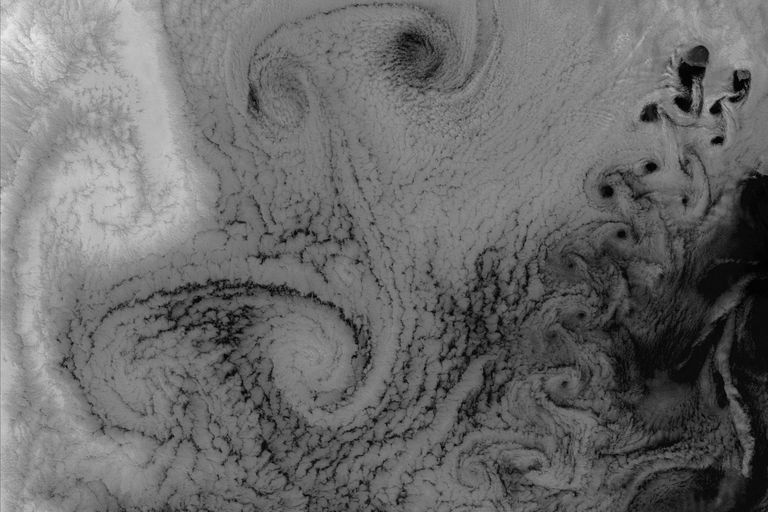Various facets of a record holder
Extreme Summer 2003 - Forum and Workshop on July 7, 2005

(et) On 7 July a conference on the causes and effects of the summer 2003 was held in Bern, organized by ProClim, OcCC, GeoForumCH and ACP. About 120 participants took the opportunity to hear about the scientific findings from various fields. In the morning the presentations given dealt with topics of general interest and addressed scientists, the public authorities as well as the public. In the afternoon the topics of the presentations were concentrated on special subjects of scientific interest.
Jürg Luterbacher from the University of Bern discussed the summer 2003 in the context of the last 500 years. He showed climate reconstructions by means of measured as well as proxy data. Furthermore, Luterbacher pointed out that during June, July and August 2003 record temperatures had been reached.
Christoph Schär from ETH Zürich emphasized that extreme events like the summer 2003 are no proof for climate change. He showed, however, that human beings are likely to have at least doubled the risk for such a hot summer by anthropogenic greenhouse gas emissions.
André Prévôt from the Paul Scherrer Institut discussed the high ozone concentrations measured during summer 2003. An important factor in the formation of ozone is the temperature. High temperatures not only favour the emission of precursor substances, but also affect the balance of chemical reactions.
Wilfried Haeberli from the University of Zürich focussed on the impact of summer 2003 on glaciers and permafrost regions. First results of mass balance observations have shown that mean ice thickness losses reached new records in the Alps. Model calculations indicate that permafrost in rock faces above timberline thawed deeper than during the warm decades 1980-2000.
Hans-Rudolf Keusen from Geotest AG explored the increase in rock falls events during summer 2003. They occurred to a large part above 3000 m altitude mostly on rock faces with northern exposure. Keusen explained the rock falls by the melting of the ice in the crevices of such walls and the thereby resulting pressure caused by the water.
Ronald Kozel from the Federal Office for Water and Geology examined the effects of summer 2003 on ground water and water supply. He showed that - depending on the geological conditions - ground water levels hat been differently affected by the dry conditions. Whereas in some parts of Switzerland extremely low ground water levels had been reached, in others the impact had been far less severe.
Jürg Fuhrer from Agroscope FAL Reckenholz introduced the negative and positive impacts on Swiss agriculture. Whereas for berries and wine growth the conditions had been excellent, the dry conditions caused profit cuts in arable crops and scarcity in animal feed. In order to mitigate cases of hardship, the Federation had taken measures.
Claudio Defila from MeteoSchweiz explored the impact on phenology, that is on the seasonal development of plants. Defila pointed out that various stages of plant development occurred exceptionnally early. Thus, for instance, conkers bloomed about 10 to 15 days earlier than usually and grapes were gathered by mid-September instead of beginning to mid-October.
Charlotte Braun-Fahrländer from University of Basel discussed the impact on human beings. She showed and explained the increase in mortality due to heat. People over the age of 60 were most affected by the high temperatures. Braun-Fahrländer also emphasized that about 10 to 40% of the additional deaths had been caused by air pollution, and in particular by the high ozone concentrations.
At the end of the afternoon's session, during which more specific research findings were introduced, the scientists discussed the draft of a synthesis report which is planned to be published in late summer. This report addresses the interested public as well as public administration. It summarizes the most important findings of the research carried out so far concerning the impact of summer 2003.
